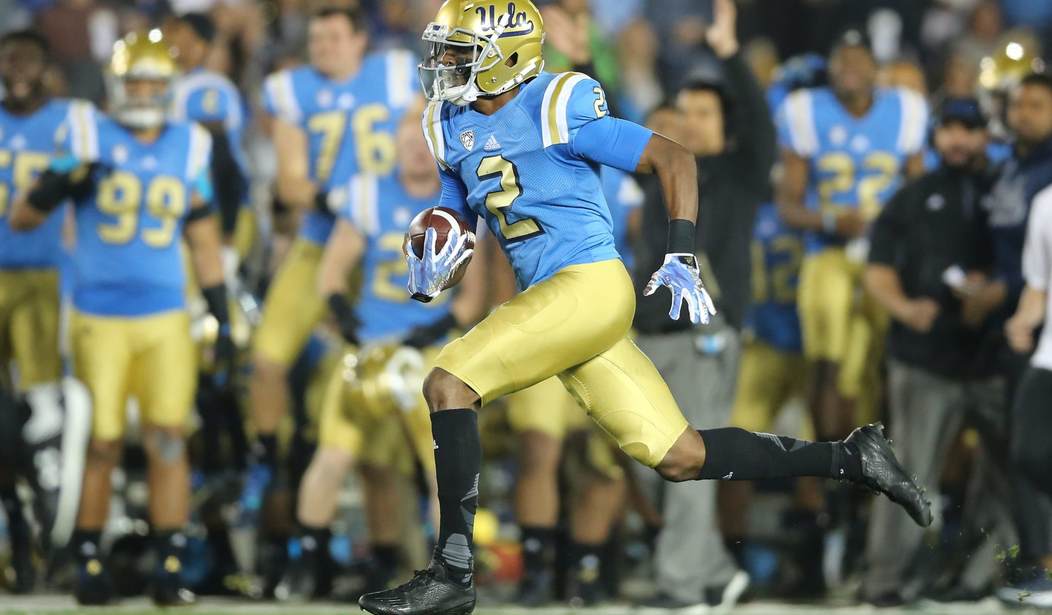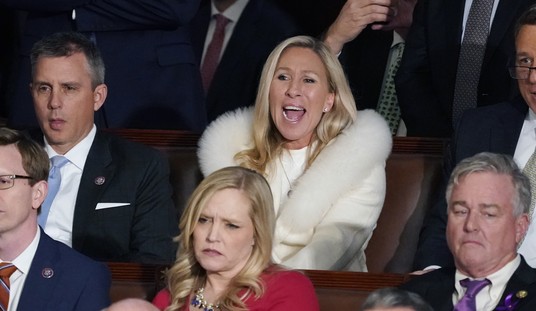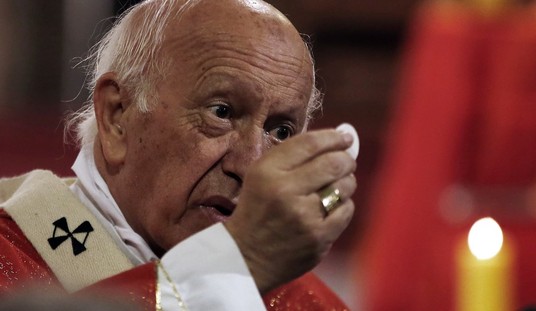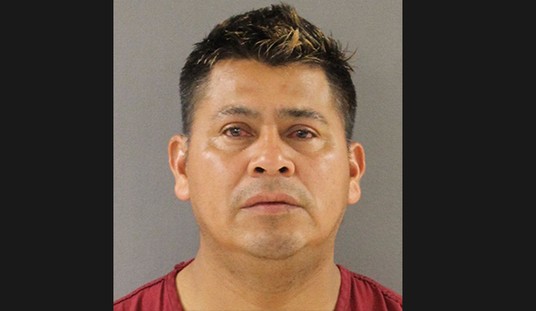The UC Berkley and UCLA athletic departments in California are going into the New Year realizing they might have to rewrite 2017 sports teams’ schedules because of the North Carolina Legislature’s inability to come to a compromise and repeal HB2.
HB2 is the now-infamous “Bathroom Bill” that prompted the NBA to move its All-Star Game out of Charlotte in 2016 and the NCAA to move its championship basketball games outside the North Carolina border.
California Assembly Member Evan Low (D) was successful in getting his legislative comrades to approve a ban on publicly funded travel to locales that the state attorney general’s office sees as being non-LGBT friendly, like North Carolina.
In addition to publicly funded university and college sports teams, California government employees would also be barred from going to conferences in those states.
The AG’s office has not released a list of the banned states yet. But North Carolina, Tennessee and Mississippi are sure to be blacklisted by Attorney General Kamala Harris.
Ironically, Indiana, which inspired Low’s travel-ban legislation, is not expected to be on the California AG’s list of banned states.
Then-Gov. Mike Pence modified the 2015 Religious Freedom Restoration Act enough to make it acceptable under Low’s legislation.
But California still has a problem with North Carolina and the other states, like Tennessee, that have locked bathroom doors to the transgendered.
The UCLA Bruins are scheduled to play the University of Memphis in September and the Cal Golden Bears play at the University of North Carolina in September.
“Moving forward, however, the athletic department will not schedule future games in states that fail to meet the standards established by the new law,” UCLA spokesman Tod Tamberg told the Sacramento Bee.
Spokesmen for the UC campuses told the Bee that they were still waiting for instructions from the UC Office of the President on how to handle the ban. Claire Doan, a spokeswoman for the UC Office of the President, said instructions should be available early in 2017.
The North Carolina HB 2 debate could fire up again in 2017.
But Karl Campbell, a history at Appalachian State University in Boone, N.C., told Reuters that he doubts the legislation that forces people to use the bathroom that matches their anatomy will be repealed anytime soon.
“This has been a jolt and it’s beyond culture wars,” Campbell said. “It has to do with the state’s image of itself. There really is a deep divide now.”
However, North Carolina’s experience has not stopped other states from following its lead.
Texas might have to be added to California’s list of non-LGBT friendly banned states.
Even though the Texas Association of Business released a study that showed the idea could cost the state $8.5 billion a year, Lt. Gov. Dan Patrick (R) said three days before Christmas that he wanted a proposal similar to HB 2 on his legislature’s agenda.
“The left and the liberal media who oppose this legislation don’t understand it, but the people do,” Patrick said in a statement.
Bathroom access proposals have also been filed for the coming legislative year in Alabama, Missouri, South Carolina and Washington, according to the National Conference of State Legislatures.
Washington state Republicans got together in early December to pre-file House Bill 1011 for the 2017 legislation session. It would limit the ability of transgendered people to use the public restrooms and locker rooms of their choice.
The Washington Won’t Discriminate group that successfully fought similar legislation in 2016 expects this proposal to also be defeated in the state Senate, if it makes it through the House.
But WWD issued a statement saying that even the introduction of HB 1011 was bad for the state of Washington.
“We absolutely cannot afford for this kind of negative attention and these economic costs to descend on Washington,” read the statement. “Our reputation as an inclusive, welcoming state is still strong—but that reputation could take a major blow if opponents of transgender equality make headway next year.”
Sasha Buchert, a staff attorney at the Transgender Law Center, told Rewire that a dozen state legislatures were the scenes of debates in 2016 over nearly 50 bills aimed at transgender rights.
She expects much more of the same through the next two years.
“People have begun gathering signatures in an effort to introduce anti-trans ballot measures in South Dakota and Massachusetts for the 2018 election,” Buchert said.
Why the wave of debates over access to bathrooms and other issues that affect people who have switched genders?
Buchert said the “T” community could be a victim of its own publicity success.
“I think one reason for the current wave of anti-trans legislation is that we are more visible than we have ever been. Historically, mainstream popular culture has largely ignored us, vilified us, or satirized us.”









Join the conversation as a VIP Member